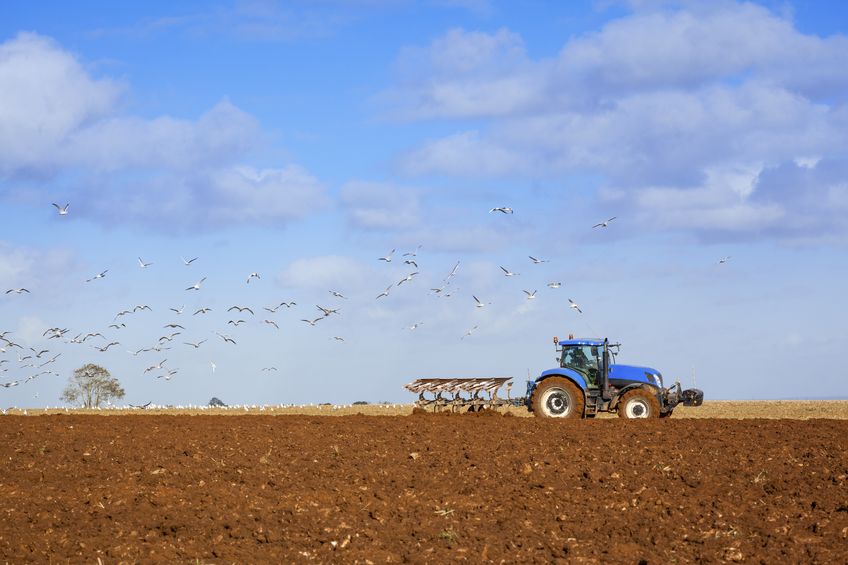
Policymakers are being urged to understand the extent to which public support for agriculture subsidises the whole of the supply chain from those providing inputs to farmers through to consumers.
The Tenant Farmers Association (TFA) said the media refer to farmers as being the beneficiaries of payments made through the Common Agricultural Policy.
But the organisation stresses the benefits are shared 'throughout the supply chain', with, in the end, 'very little remaining with the farming community.'
TFA's North East Chairman, Ken Lumley said: “This needs to be fully understood as we develop policies for the post-Brexit era and to avoid the damage that would be caused by simply abandoning the current payments made to farmers.
“As a tenant farmer in the uplands farming livestock, I have to pay a rent to my landlord as well as having to pay for all the usual farm inputs and the price that I am able to obtain from the market for selling my stock does not cover those costs.
“However, I take a price below my costs of production because of the payments I receive through the Common Agricultural Policy.
“This in turn benefits processors, retailers and consumers since without any payments, I would either have to secure a much higher price for my livestock which would then have to be passed on down the supply chain, or I would be forced to go out of production, along with many other livestock producers which would constrict overall supply and raise prices to pre CAP supply and demand balances,” said Mr Lumley.
'Outcome focused'
The TFA says it wants to see a better formulated, outcome focused agri-environment scheme and targeted help to active farmers in building business resilience through infrastructural grants, risk management tools and cost reduction schemes.
“At the same time, we need to see the Government doing more on labelling, promotion, public food procurement and protecting environmental and animal welfare standards from inferior production coming in from abroad,” said Mr Lumley.
“One area which must be worked on is to ensure that any payments made through future agricultural policy go only to active farmers. Too often we see current payments being made to owners of land who are not actively involved in agricultural production, do not take entrepreneurial risk and have left day-to-day management control to other occupiers.
“This is a misuse of public money, provides no benefit to the supply chain and must be avoided when any new policy is created.”
